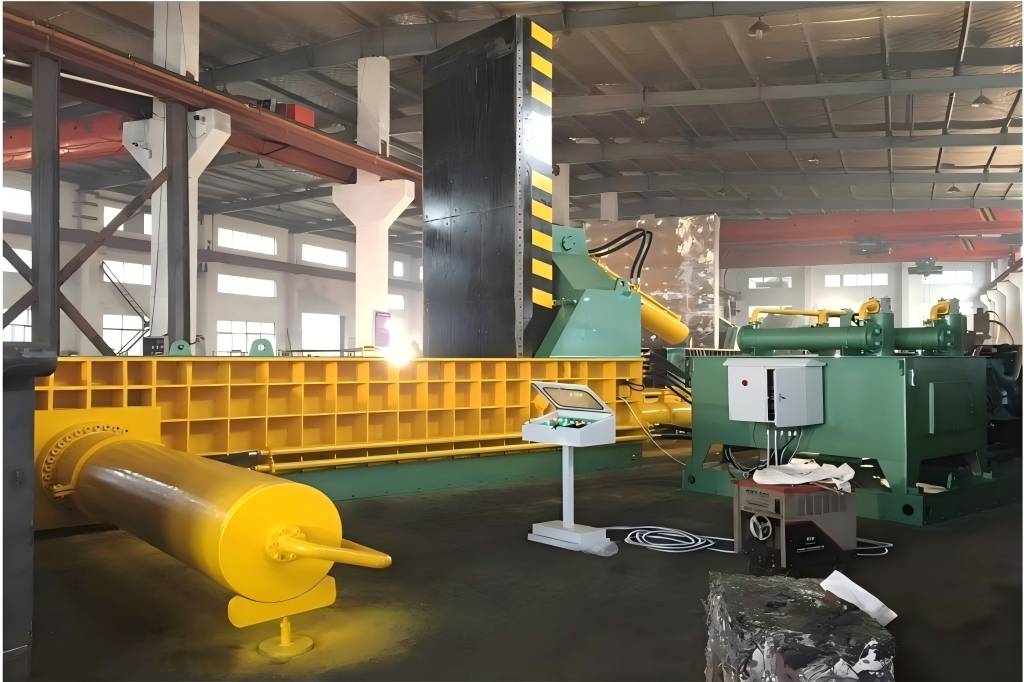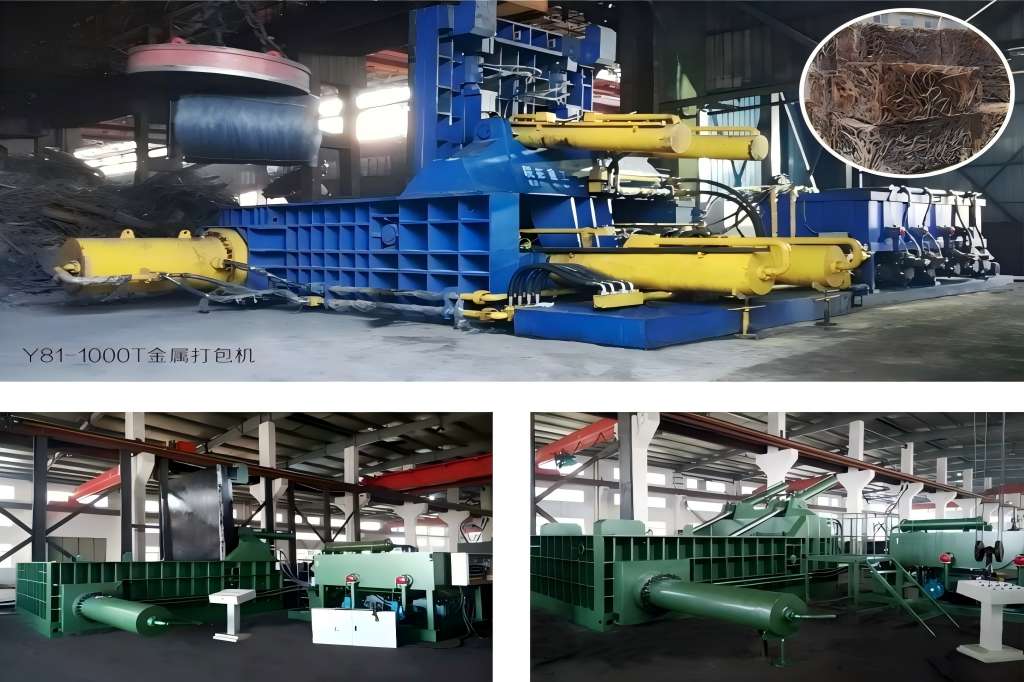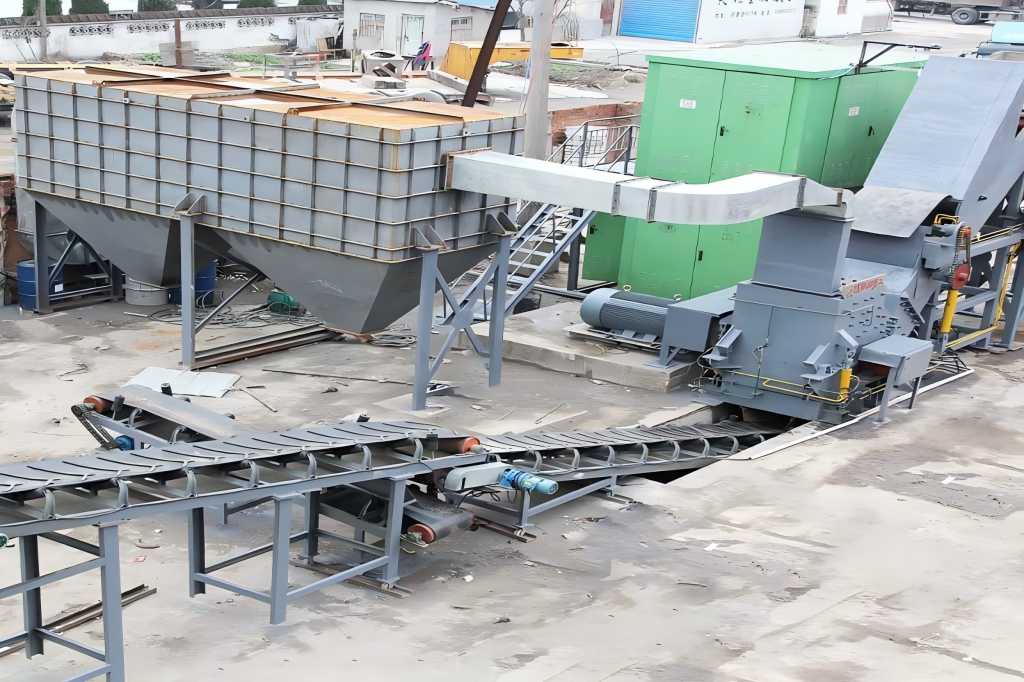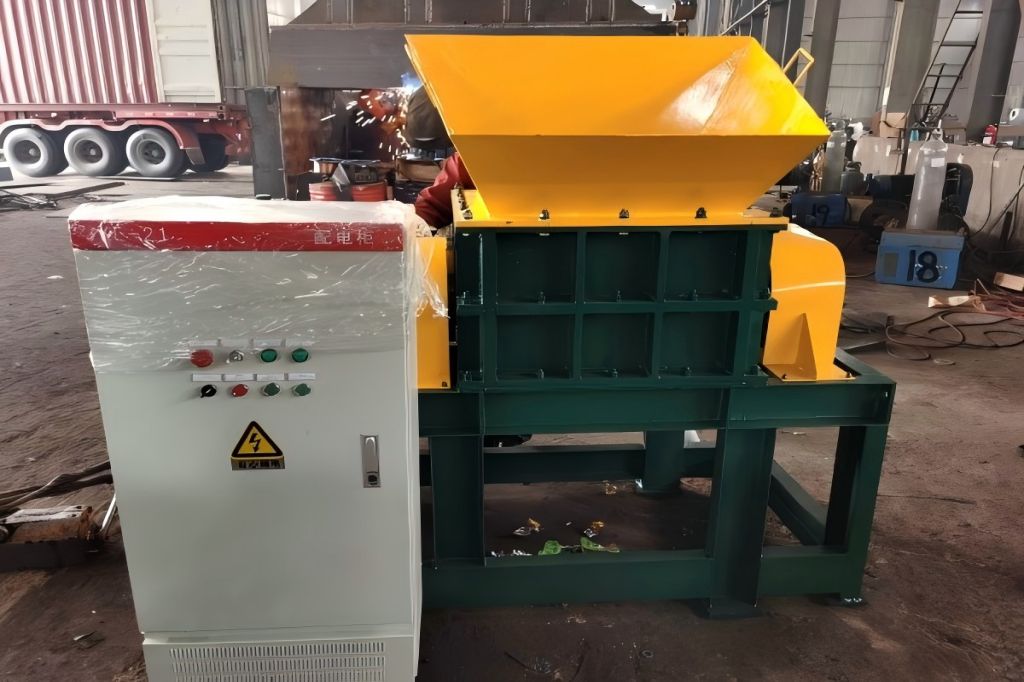Metal balers are indispensable in the recycling and scrap processing industries, ensuring efficient compression of metal waste for easier handling, transport, and recycling. However, to maintain peak performance and longevity, proper maintenance is essential.
Regular inspections, cleaning, lubrication, and component replacements can significantly extend the lifespan of a metal baler while minimizing downtime.
Understanding the Importance of Metal Baler Maintenance
Metal balers compress a variety of metal wastes into thick bales while undergoing demanding operations. Maintenance is essential to avoid malfunctions, guarantee operating effectiveness, and adhere to safety regulations because of the high pressure and mechanical wear involved. Balers that are not properly maintained may use more energy, produce less, and require more expensive repairs.
Preventing any safety issues is another benefit of routine maintenance. Over time, operators and nearby equipment may be at risk due to wear and tear on structural elements, electrical systems, and hydraulic systems. Frequent inspections can assist in identifying malfunctions early on, averting mishaps and lost output.
Daily Maintenance Checks
Performing daily maintenance is one of the most effective ways to ensure a metal baler remains in optimal condition. Some of the key daily maintenance tasks include:
- Visual Inspection: Look for any obvious wear indicators, including cracks, leaks, or strange sounds made when the device is in use.
- Hydraulic Fluid Level: Ensure the hydraulic fluid reservoir is sufficiently full to sustain steady pressure.
- Lubrication: To lower friction and stop premature wear, oil moving components such as hinges, pins, and cylinders.
- Debris Removal: Get rid of any dust, debris, or other impurities that might be interfering with the machine’s operation.
- Check for Leaks: Look for any indications of leakage in hydraulic hoses and seals, as this could point to a possible system failure.
Weekly Maintenance Routine
In addition to daily checks, weekly maintenance is essential to keep the baler running efficiently. The following tasks should be performed:
- Inspect Hydraulic Hoses and Connections: Look for any signs of wear, loose fittings, or leaks in the hydraulic system.
- Check Bolts and Fasteners: Vibrations from the baling process can cause bolts to loosen over time. Tighten any loose components.
- Clean Hydraulic Filters: Dirty hydraulic filters can restrict fluid flow, reducing efficiency. Clean or replace them as necessary.
- Test Electrical Systems: Check wiring, sensors, and control panels to ensure they are functioning properly.
- Examine Wear Plates: The baler’s compression chamber and ram plates experience significant stress. Look for signs of severe wear and replace as necessary.
Monthly and Quarterly Maintenance Tasks
To maintain long-term reliability, a more in-depth inspection should be conducted monthly and quarterly. These tasks include:
- Hydraulic System Flush: Periodically replacing the hydraulic fluid and flushing the system prevents contamination and ensures optimal performance.
- Inspect Cylinder Seals: Hydraulic cylinders play a critical role in baling operations. Fluid leaks and decreased compression power might result from damaged seals.
- Structural Integrity Check: Inspect the frame, sidewalls, and welding joints for signs of metal fatigue or damage. Reinforce or repair weak points as needed.
- Belt and Chain Tensioning: If your baler uses belts or chains, ensure they are properly tensioned to avoid slippage or misalignment.
- Test Emergency Stop Functions: Safety features should be tested regularly to ensure they function correctly in case of an emergency.
Hydraulic System Maintenance
A metal baler’s hydraulic system is its central component, producing the pressure required to compress metal waste. Proper maintenance of this system includes:
- Checking Fluid Quality: Contaminated hydraulic fluid can cause significant damage. The fluid has to be changed if it seems murky, black, or contains particles.
- Changing Hydraulic Filters: Filters should be changed at manufacturer-recommended intervals to prevent clogging and maintain fluid purity.
- Inspecting Hydraulic Pumps: If the pump exhibits reduced performance, noise, or overheating, it may require repair or replacement.
- Bleeding Air from the System: Air trapped in hydraulic lines can cause erratic movement and reduced efficiency. Regularly bleeding the system prevents these issues.
Electrical System Maintenance
An electrical system that is kept up to date guarantees seamless operation and avoids unplanned shutdowns. Important upkeep actions consist of:
- Inspecting Wiring and Connections: Loose or damaged wires can lead to malfunctions or safety hazards. Ensure all electrical connections are secure.
- Testing Sensors and Switches: Many balers have sensors for pressure, position, and safety functions. Regularly testing these ensures proper operation.
- Monitoring Motor Performance: Motors should run smoothly without excessive heat or vibration. If problems occur, they should be fixed right away.
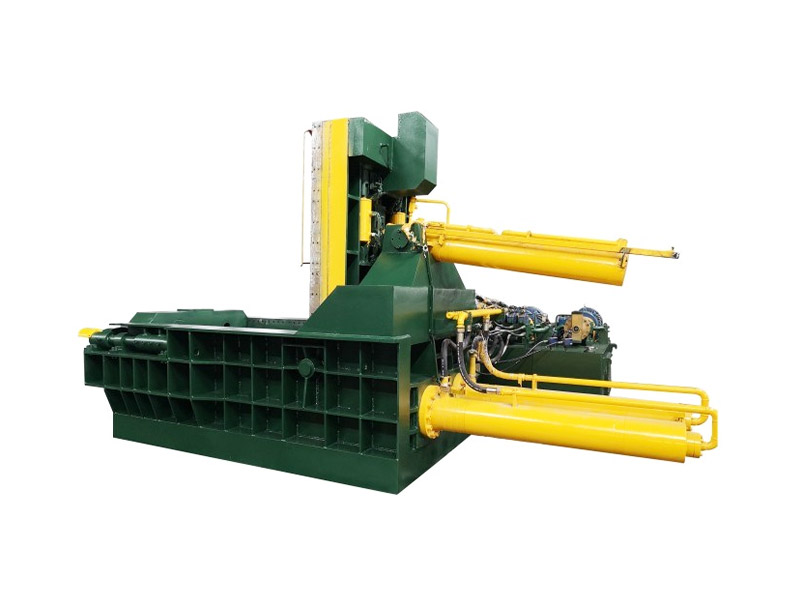
Troubleshooting Common Metal Baler Issues
Despite regular maintenance, issues can still arise. Among the most prevalent issues and their fixes are:
- Low Compression Force: This may be due to low hydraulic fluid levels, worn seals, or pump failure. Check and replace necessary components.
- Slow Cycle Time: A sluggish baler may result from clogged filters, air in the hydraulic system, or worn hydraulic cylinders. Inspect and address these issues.
- Excessive Noise or Vibration: Loose components, misaligned parts, or inadequate lubrication can lead to unusual noises. Tighten and lubricate moving parts as needed.
- Overheating: Overheating may be caused by low fluid levels, excessive contamination, or a failing cooling system. Ensure proper fluid levels and clean cooling fans.
Safety Considerations During Maintenance
Safety should be the first consideration whenever maintenance is being performed. Take the following safety measures:
- Turn Off and Lock Out Power: To avoid unintentional startup, turn off the baler and follow the lockout-tagout (LOTO) method before performing any maintenance.
- Make use of PPE (personal protective equipment): To prevent injury, put on protective clothes, gloves, and safety glasses.
- Observe the manufacturer’s instructions: Always follow the suggested methods and maintenance plan provided by the manufacturer.
- Train Operators: Ensure all operators understand the proper maintenance procedures and can identify potential issues.
Long-Term Benefits of Regular Maintenance
A well-maintained metal baler improves efficiency, lowers costs, and lasts longer. Regular maintenance prevents sudden failures, reducing downtime and repair costs. It also enhances safety by minimizing risks to workers. Investing in routine upkeep boosts performance and preserves equipment value. Following a maintenance schedule ensures smooth operations and maximizes productivity. Regular checks, lubrication, and timely repairs keep metal balers running efficiently for years.

